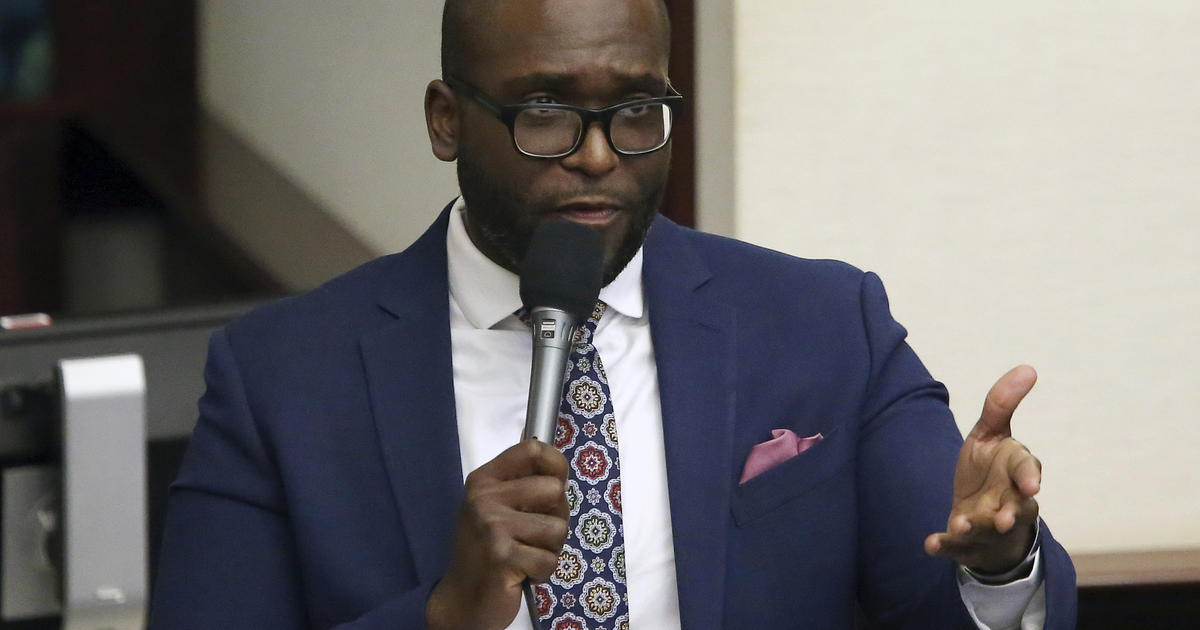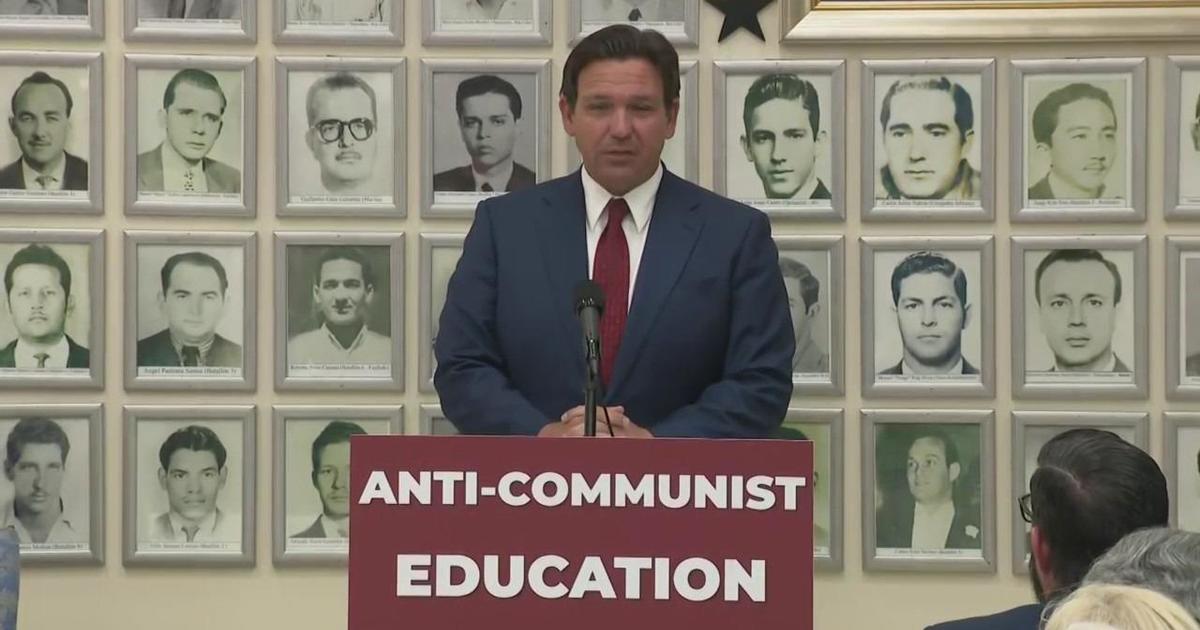Florida Leaders: Lower Differential Tuition Rate
TALLAHASSEE (CBSMiami/NSF) -- The Legislature would reduce the leeway universities have to set their own tuition rates under a proposal being advanced by the leaders of the House and Senate.
As part of the "Work Plan Florida 2014" agenda laid out Wednesday by House Speaker Will Weatherford, R-Wesley Chapel, and Senate President Don Gaetz, R-Niceville, state universities would see the "differential tuition" rates they can charge fall from 15 percent to 6 percent.
Weatherford and Gaetz said the purpose of the proposal is to rein in the costs of prepaid tuition plans, which allow parents to lock in tuition and fees for their children to attend state colleges and universities. Because of the differential tuition law, approved in 2009, the plans have to assume that tuition rates will increase 15 percent every year.
The proposal "will dramatically reduce the cost of what is now an unaffordable and out-of-reach Florida prepaid plan for our citizens and for the middle class," Weatherford told editors and reporters who gathered in Tallahassee for the Associated Press' annual legislative planning session.
The impact of the potential increase on the prepaid plans would likely be the only practical effect from lowering the cap. Under pressure from Gov. Rick Scott, the university system's Board of Governors has begun resisting university requests for differential increases, to the point where schools largely stopped requesting the funds last year.
"Well, universities aren't raising their tuition 15 percent, so by lowering that cap to 6, we make every day, middle-class Floridians able to afford a prepaid contract," Weatherford said.
Scott has continued to make low-cost tuition one of his top priorities for the state's higher education system, vetoing a tuition increase the Legislature approved last year. The agenda that Weatherford and Gaetz unveiled Wednesday also included a promise not to raise tuition.
Weatherford, whose chamber pushed the hike in 2013, said forgoing a tuition increase this year was a concession to Scott.
"To me, whether it comes from tuition or the state, we need more investment in our higher education system," he said.
Chancellor Marshall Criser, the new chief of the university system, highlighted the prepaid aspect of the proposal in a statement Thursday.
"With the recovery of Florida's economy, we have reached the point where it is appropriate to calibrate the value of higher education and Florida's approach for funding it," Criser said. "... One apparent benefit of the 2014 work plan is to realistically price the Florida Prepaid scholarships. As Floridians see them to be more affordable, it encourages our families to invest in the education of our students."
What is less clear is whether universities, some of whom have complained about the clampdown on tuition, will be willing to accept the legislation. A spokesman for the University of Florida, for example, said by email that the school didn't know enough about the proposal to comment.
Then-Gov. Charlie Crist signed the differential tuition bill in 2009, amid a power struggle between the Board of Governors and state leaders about who had the right to set tuition rates. That led to a lawsuit and a Supreme Court ruling last year that said the Legislature held the ultimate power over whether tuition could be increased.
By then, the board had withdrawn from the lawsuit under a 2010 agreement with legislative leaders and Crist.
"The News Service of Florida's Brandon Larrabee contributed to this report."



